Fall 2020 UConn Early College Experience Math Workshop
On Thursday, December 10th UConn Early College Experience and UConn ECE Faculty Coordinator for Math, Assistant Professor in Residence, Anthony Rizzi met with ECE Math Instructors for their annual professional development workshop. Instructors received a copy of How to Bake Pi: An Edible Exploration of the Mathematics of Mathematics by Eugenia Cheng.
The group met in both small breakout groups and as a whole group to discuss teaching during a pandemic, best practices for teaching Math 1030Q and 1131Q/1132Q and strategies for covering course materials. Later the group discussed Part 1 of How to Bake Pi and how it to relate the concepts to their students.

UConn Math courses offered through UConn ECE.






